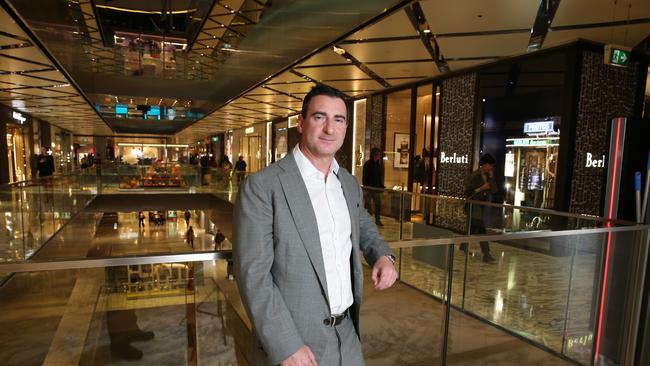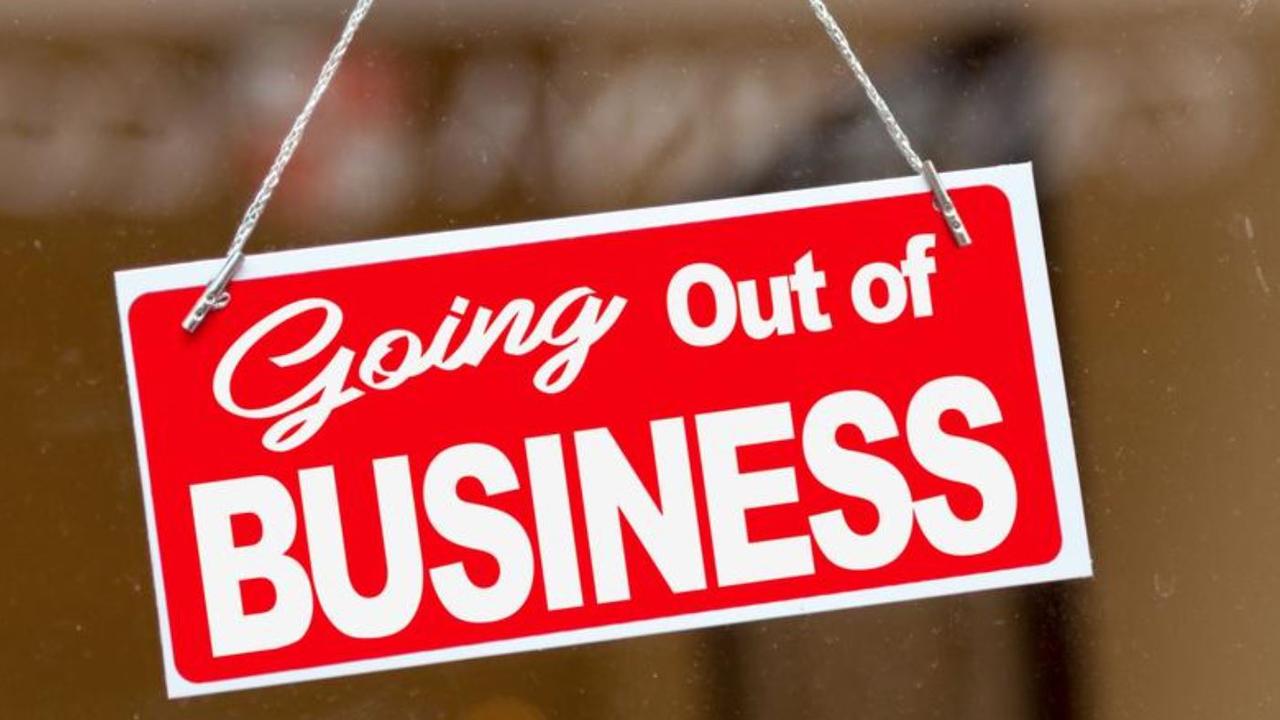Scentre CEO Elliott Rusanow: Interest rates need to be ‘materially’ lower
Elliott Rusanow says interest rates need to be ‘materially lower’, and the lack of affordable housing in bit cities is a ‘handbrake’ on labour market efficiency.

Economy
How would you rate the momentum of the Australian economy as we head into 2025? Official forecasts have Australia trimming interest rates from the first half of calendar 2025, is that consistent with your view? What are you seeing around inflation in your own business?
The Australian economy enters 2025 having experienced an extended period of below trend growth. We’re not predicting where the cash rate might land next year. What we will say is we think that interest rates need to be materially lower for two reasons; first for monetary policy to be consistent with other fiscal policy settings, and second to support Australia’s long-term economic needs.
In the broader economy, inflation generally mirrors cost pressures, which on the whole have continued to moderate over the last year. When it comes to our growth, it is driven by our ability to attract more people, more often and for longer to our Westfield destinations, irrespective of where we might be in the economic cycle.
Outlook
What excites you heading into 2025? Are you likely to increase, hold steady, or trim your investment spend?
We’re excited about introducing new and diverse uses into our Westfield destinations. Specifically, things like re-purposing existing space and improving our centres so they are more productive for more minutes of the day. Experiential retail is on the rise and what we’ve been learning as a business is that customers want to have more choices aligned with their lifestyles and circumstances when they visit us; in turn this creates more reasons for customers to visit more often and stay for longer.
Reform
As we move into an election year, in your mind, what’s the single biggest lever that can/should be used to lift Australia’s competitiveness or productivity? This could be across any area from labour market, tax reform, training or other areas to encourage investment.
In our big cities the lack of affordable housing has become a handbrake on labour market efficiency. In the past, Australia has had demonstrated success building safe, vibrant, desirable cities. Now, housing affordability is a barrier for many wanting to participate and contribute to economic growth.
We have 42 destinations near transport and infrastructure in areas where people want to live. We are actively exploring how our strategic land holdings can contribute to meeting housing supply goals, provided the right conditions are in place.
What’s really needed to get homes built is harmonisation of zoning aligned to areas that are in demand – like the transit-oriented development approach in NSW – and more flexible and consistent zoning rules that respond to need. In turn, this creates a more predictable environment for business to invest and contribute to vital supply. Certainty of government investment in infrastructure and services, beyond electoral cycles or boundaries would also be helpful.
Geopolitics
Will a Donald Trump presidency have a potential impact on your business or sector (tariffs or streamlined regulation)? Does geopolitics drive a bigger part of your decision-making?
It’s early days and we will need to wait and see what happens. If 2017-2021 is any guide, the Trump 2.0 Presidency will favour economies that are more aligned with the US and its agenda. Australia as a nation, and therefore Australian businesses, are generally well positioned because of our relationship with the US, though government will need to lean in to it.
Our own operations are in Australia and New Zealand, which are relatively stable environments, although there are always indirect impacts on our business from global events and instability.
With regards to broader geopolitical concerns, we seek to diversify both our supply chain and our long-term funding sources to mitigate volatility and risks.
People
Has your organisation’s approach to flexible working – including working from home – evolved during the year. Is this likely to change further into 2025?
Working from home is just one aspect of flexible working, which itself is a key component of our overall work life. Our workforce is highly engaged and dedicated to our customer strategy. According to a recent engagement survey, 91% of our team would recommend Scentre Group as a great place to work, highlighting the strength of our culture and work practices. We remain committed to initiatives that foster a sense of belonging for everyone, which is something I personally value deeply.
Technology
Where is your organisation along the AI journey – is it in the developmental stage, or are you now using the technology at scale across your business? If so, are benefits matching the promise?
We’re applying machine learning across our business to reduce any friction points like parking, and even through general operations. When it comes to our team members, we’re considering how artificial intelligence can free up their time on rudimentary tasks to focus on higher order thinking.



To join the conversation, please log in. Don't have an account? Register
Join the conversation, you are commenting as Logout